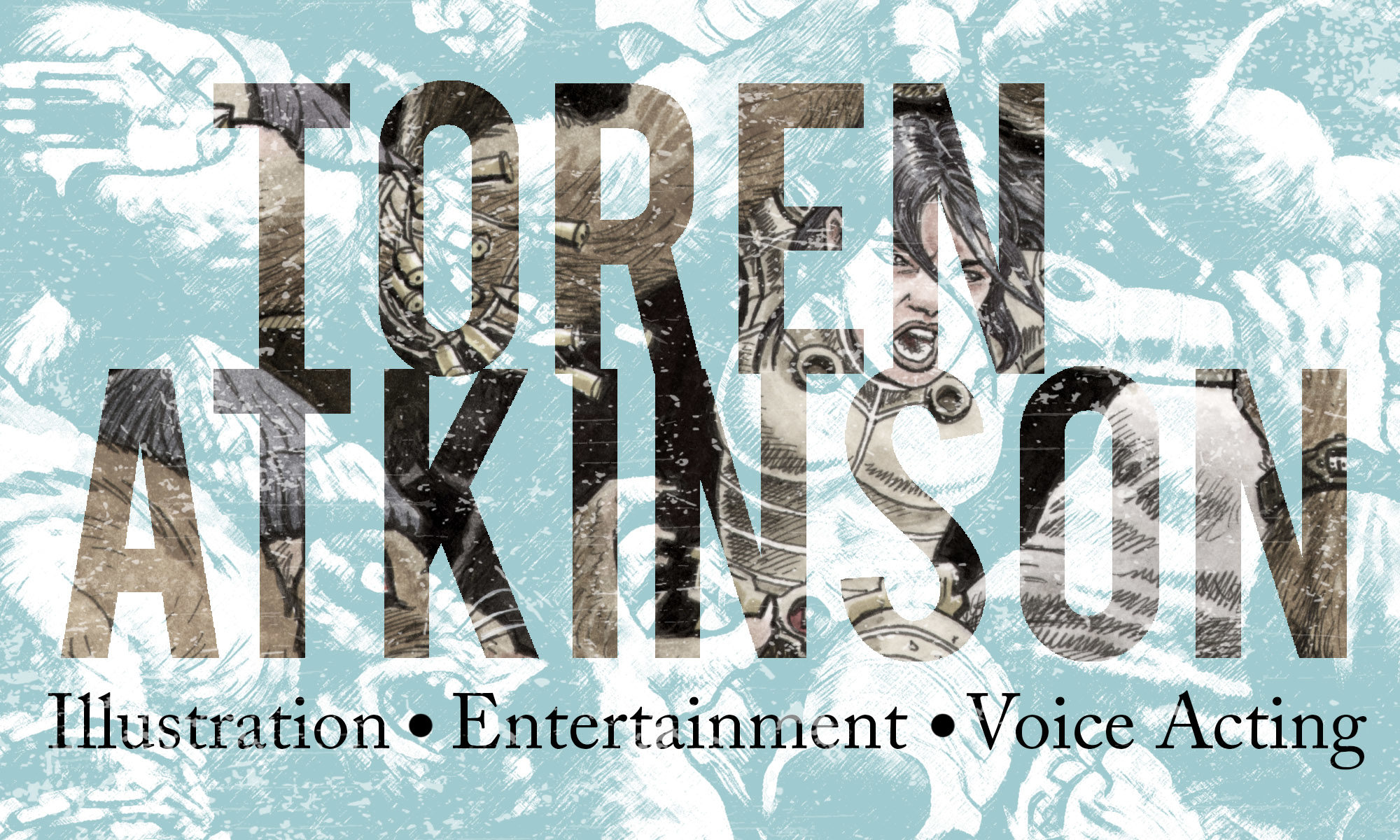5. INTELLECTUAL DEPENDENCY
The fifth lesson I teach is intellectual dependency. Good students wait for a teacher to tell them what to do. This is the most important lesson them all; we must wait for other people, better trained than ourselves, to make the meanings of our lives. The expert makes all the important choices; only I, the teacher, can determine what my kids must study, or rather, only the people who pay me can make those decisions, which I then enforce. If Im told that evolution is a fact instead of a theory, I transmit that as ordered, punishing deviants who resist what I have been told to tell them to think. This power to control what children will think lets me separate successful students from failures very easily.
Successful children do the thinking I assign them with a minimum of resistance and a decent show of enthusiasm. Of the millions of things of value to study, I decide what few we have time for. Actually, though, this is decided by my faceless employers. The choices are theirs why should I argue? Curiosity has no important place in my work, only conformity.
Bad kids fight this, of course, even though they lack the concepts to know what they are fighting, struggling to make decisions for themselves about what they will learn and when they will learn it. How can we allow that and survive as schoolteachers? Fortunately there are tested procedures to break the will of those who resist; it is more difficult, naturally, if the kids have respectable parents who come to their aid, but that happens less and less in spite of the bad reputation of schools. No middle-class parents I have every met actually believe that their kids school is one of the bad ones. Not one single parent in many years of teaching. Thats amazing, and probably the best testimony to what happens to families when mother and father have been well-schooled themselves, learning the seven lessons.
Good people wait for an expert to tell them what to do. It is hardly an exaggeration to say that our entire economy depends upon this lesson being learned. Think of what might fall apart if children werent trained to be dependent: the social services could hardly survive they would vanish, I think, into the recent historical limbo out of which they arose. Counselors and therapists would look on in horror as the supply of psychic invalids vanished. Commercial entertainment of all sorts, including television, would wither as people learned again how to make their own fun. Restaurants, the prepared food industry, and a whole host of other assorted food services would be drastically down-sized if people returned to making their own meals rather than depending on strangers to plant, pick, chop, and cook for them. Much of modern law, medicine, and engineering would go too, as well as the clothing business and schoolteaching, unless a guaranteed supply of helpless people continued to pour out of our schools each year.
Dont be too quick to vote for radical school reform if you want to continue getting a paycheck. Weve built a way of life that depends on people doing what they are told because they dont know how to tell themselves what to do. Its one of the biggest lessons I teach.

